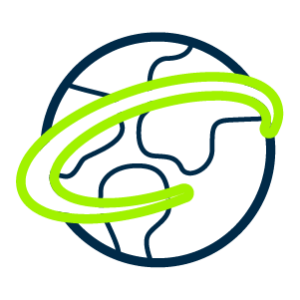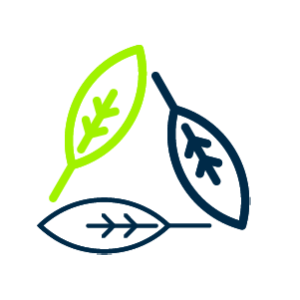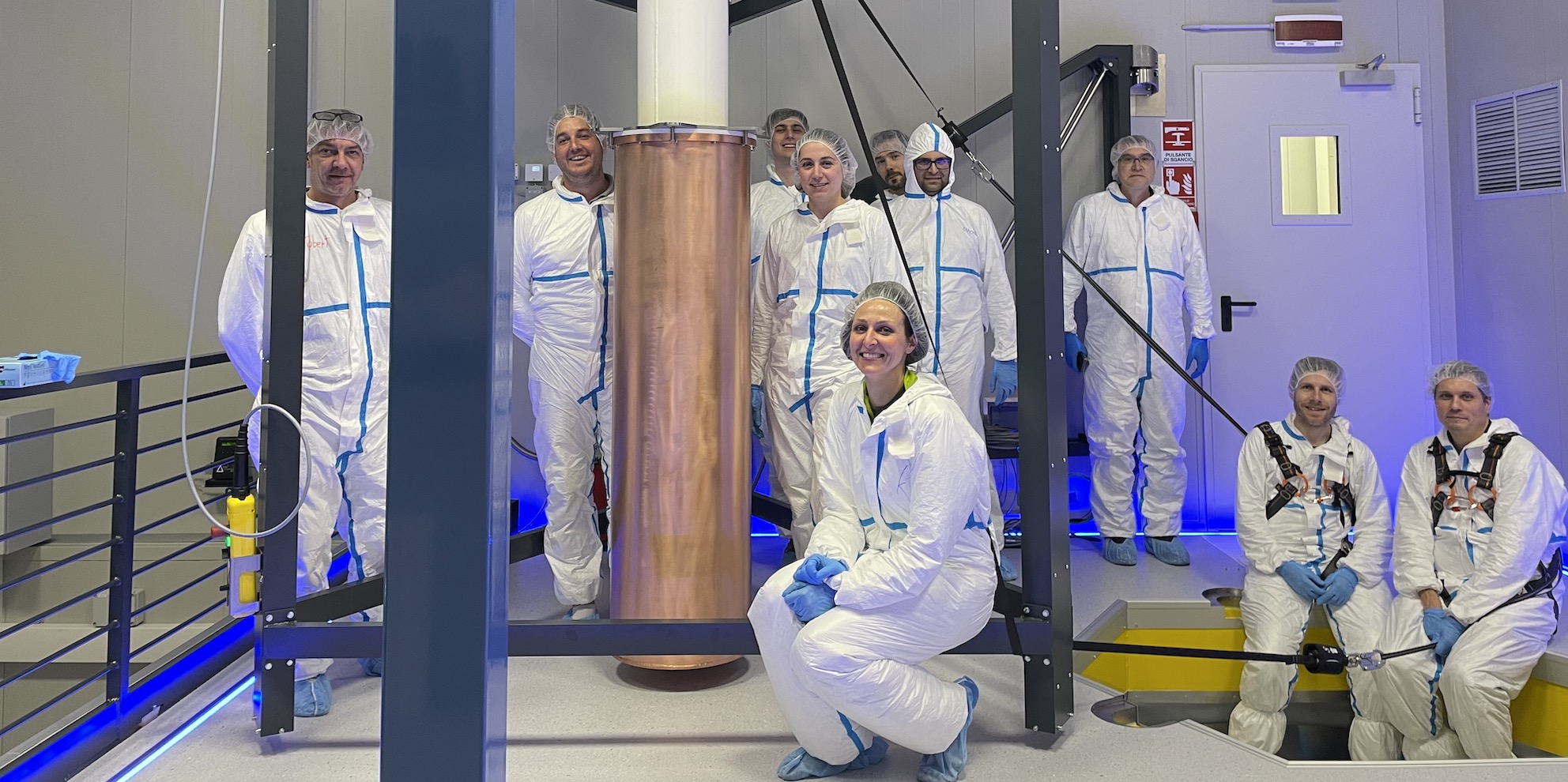Values
The main mission of the INFN is fundamental scientific research which it pursues as a national public institute and as part of a large international scientific community, bringing with it the values of these two realities. Science and knowledge, not only as a profession but also as a value that must be conceived in its most excellent form and participated in the most transparent and effective way with the whole of society, as an opportunity for personal, human, social and cultural growth. Furthermore, the best results in science can only be guaranteed with the support of good and efficient management: excellence and integrity in both research and administration are an inseparable combination that characterizes our community and which also finds a regulatory reference in the code of ethics. This document governs the rules of conduct with which the Institute’s staff, whether employees or associates, are required to comply in carrying out their work activities, on the one hand, respecting individual rights and freedoms and, on the other, in the assumption of responsibilities and duties.





